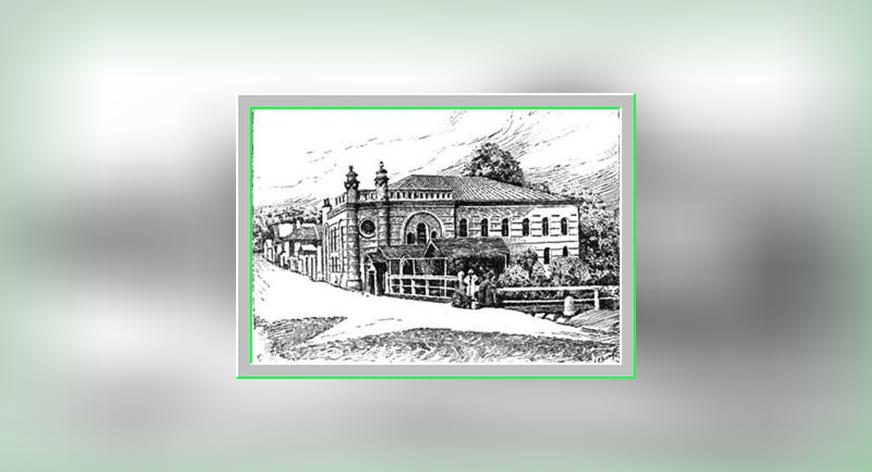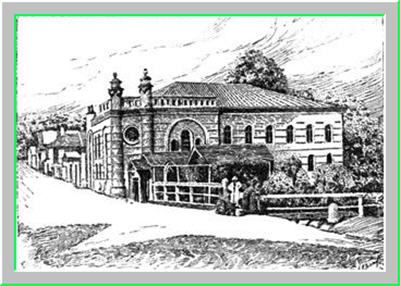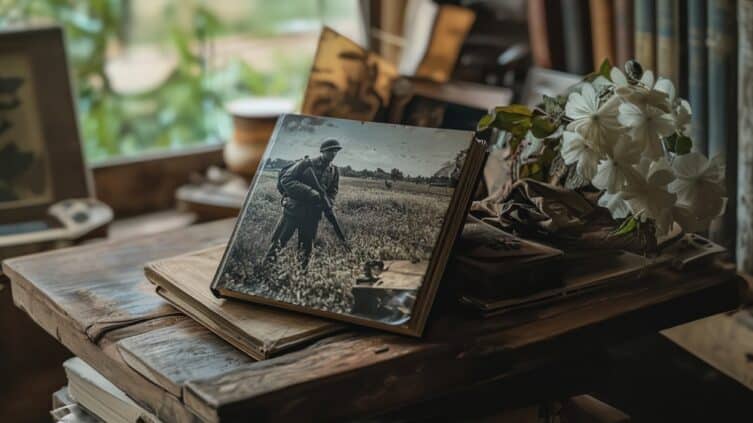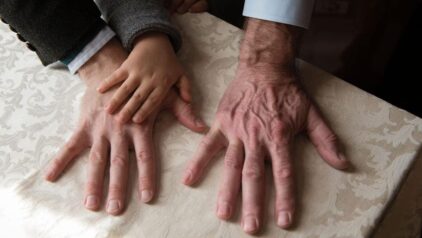Hi, Scott – You are right. I usually say genea-journey and seasoned researchers don’t have a problem with that. But using “family history vacation” is certainly a more accessible term!


An exciting dimension to family history is returning to our ancestors’ hometowns, whether overseas in the “old country,” or closer to our current home.
Every year, increasing numbers of families walk the streets that their great-grandparents walked in Scotland, view the Greek and Portuguese village buildings their ancestors saw each day, and visit Eastern European houses of worship and cemeteries.
Some geographical areas even promote ancestral or heritage trips – such as Ireland. Trips can be just just quick tourist-type visits to where ancestors might have lived or entail intensive research trips to archives. Go on your own or visit locales with major genealogical societies, such as the New England Historic Genealogical Society (NEHGS) which organizes trips to London, Belfast and Dublin.
Thinking about such a trip? Here are some resources to help you plan the trip of a lifetime. Don’t forget to bring the kids and the grandparents!
- Locate your family’s town or towns of interest.
- Is there a website for the town? A genealogical society? An historical society? A museum? Are archives accessible? Are historical and contemporary maps online or available elsewhere?
- Will you need a translator or driver? Where will you stay?
- Planning to meet the mayor, archivist, librarian? What to bring? Make sure to contact them in advance. In some countries, many people take vacations during July and August. Bring items from your own town or from where your immigrant ancestors first settled. Posters, T-shirts, pens, and other souvenir items are all welcome. You may even ask your own mayor or government representative to write a letter of greeting that you can present to his or her counterpart.
- Make sure to bring copies of family photos from the town to give to the museum, archives or library.
- Contact groups of descendants from the town and ask for their experiences if they have visited. See if there is a regional genealogical society with more information.
- When writing in advance, give family details and indicate that you would like to know if anyone with your name still lives there, if any of the older generations remembers any of your ancestors? Ask if birth, death, marriage records can be located. What about cemetery records?
- Make sure to bring cameras, video cameras, voice recorders. Think about making a documentary for your family or for a group of descendants.
Just in time, here are two free programs on genea-tourism you might find interesting:
- The Federation of Genealogical Societies (FGS) has an online radio show covering genea-tourism on Saturday, April 13. For more information, click this BlogTalkRadio link.
- The Southern California Genealogical Society’s webinar series (free) presents Janet Havorka on “Trip the Tree Fantastic: Intriguing Family History Trips for the Whole Family,” on Wednesday, April 17.
Most importantly, for planning such a trip, do start early! Contact the relevant genealogical societies specializing in the destinations you wish to visit. Many have discussion groups where you can ask for help and recommendations. Search out such specialized groups via Google and Facebook.
Have you traveled to your ancestors’ towns? Share your experiences – and tips – in the comments below or email them to stories@myheritage.com .











Scott Phillips
April 13, 2013
I have done some incredibly wonderful trips to further my family history and I fully endorse the idea!
The only thing I will say is that when I first brought up the idea to my family and used the term ‘genea-tourism’ they thought I was talking about a medical procedure. When I used the far more descriptive and friendly term ‘family history vacation’ all ears perked up.
Sometimes we lose ourselves in jargon and that causes us to lose others.